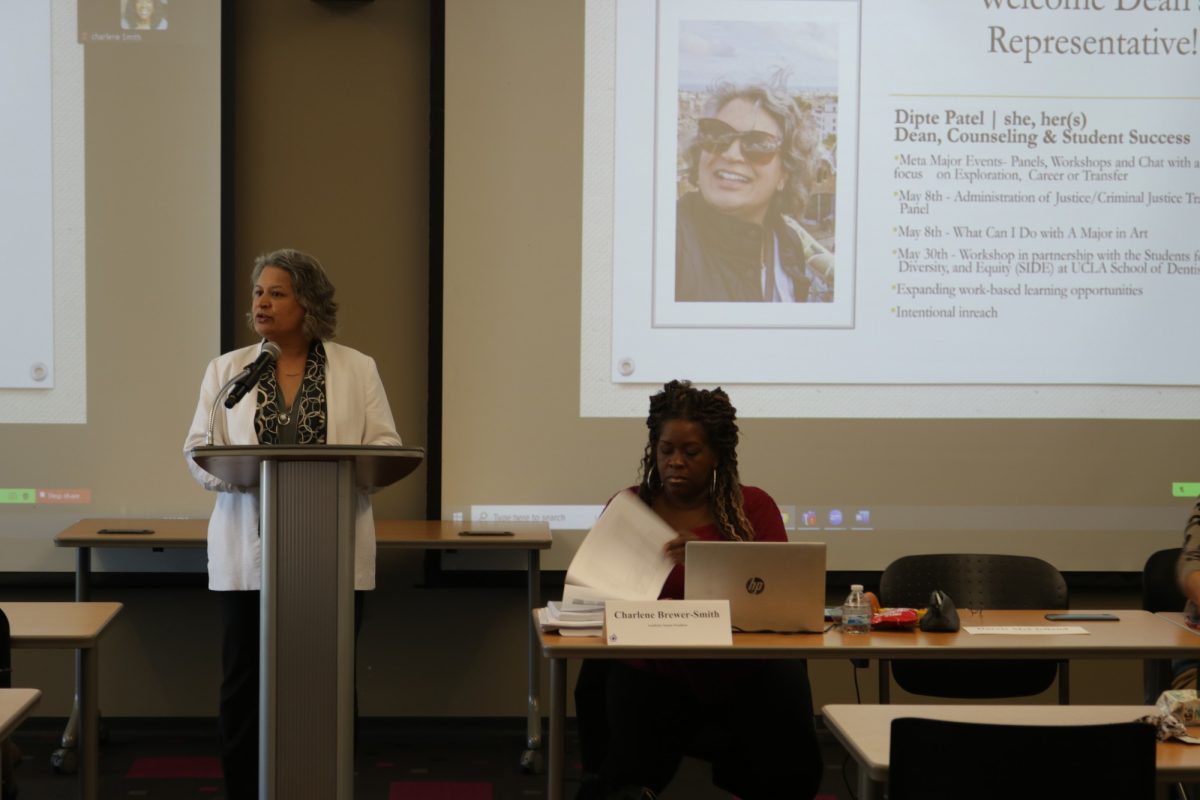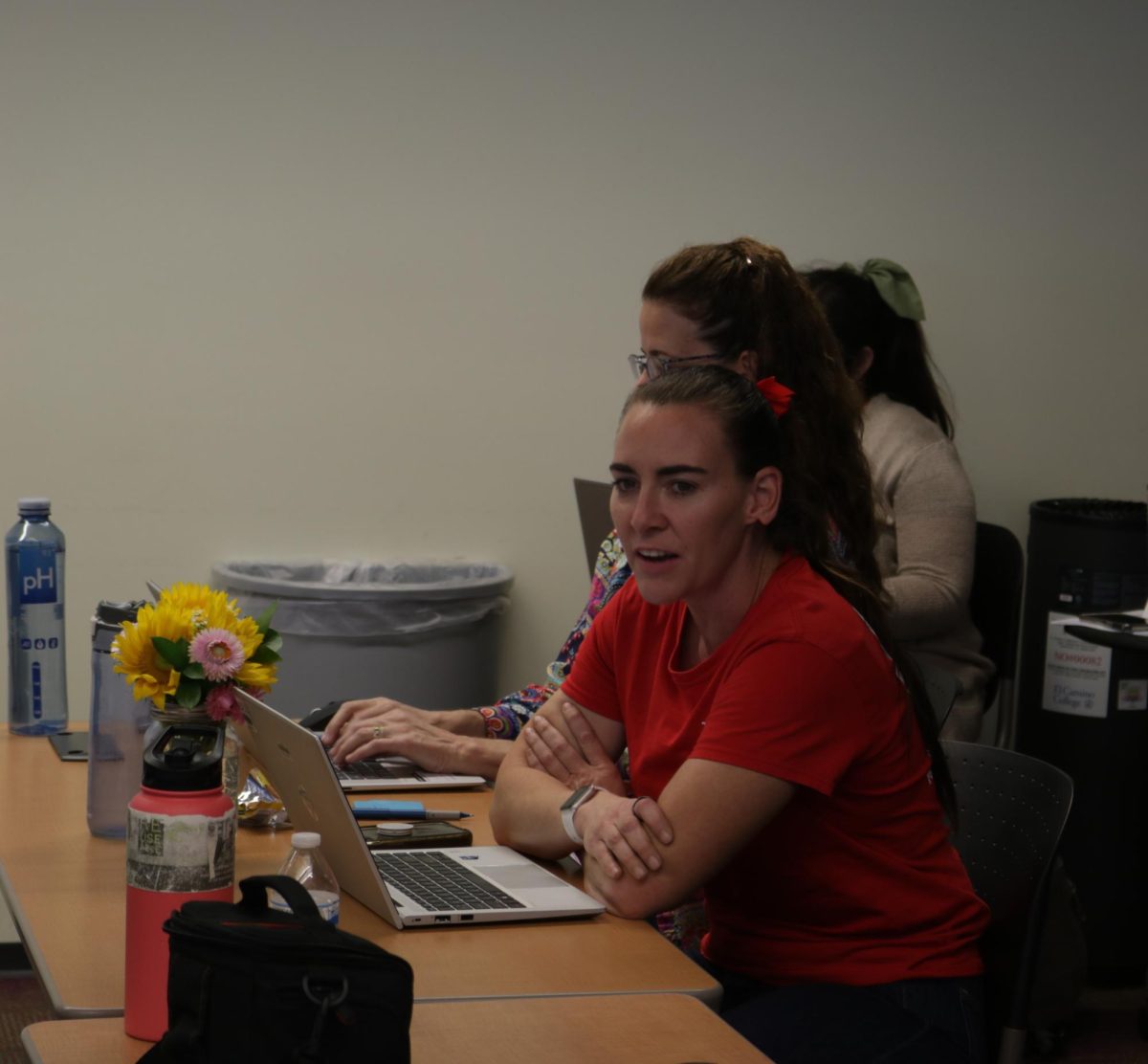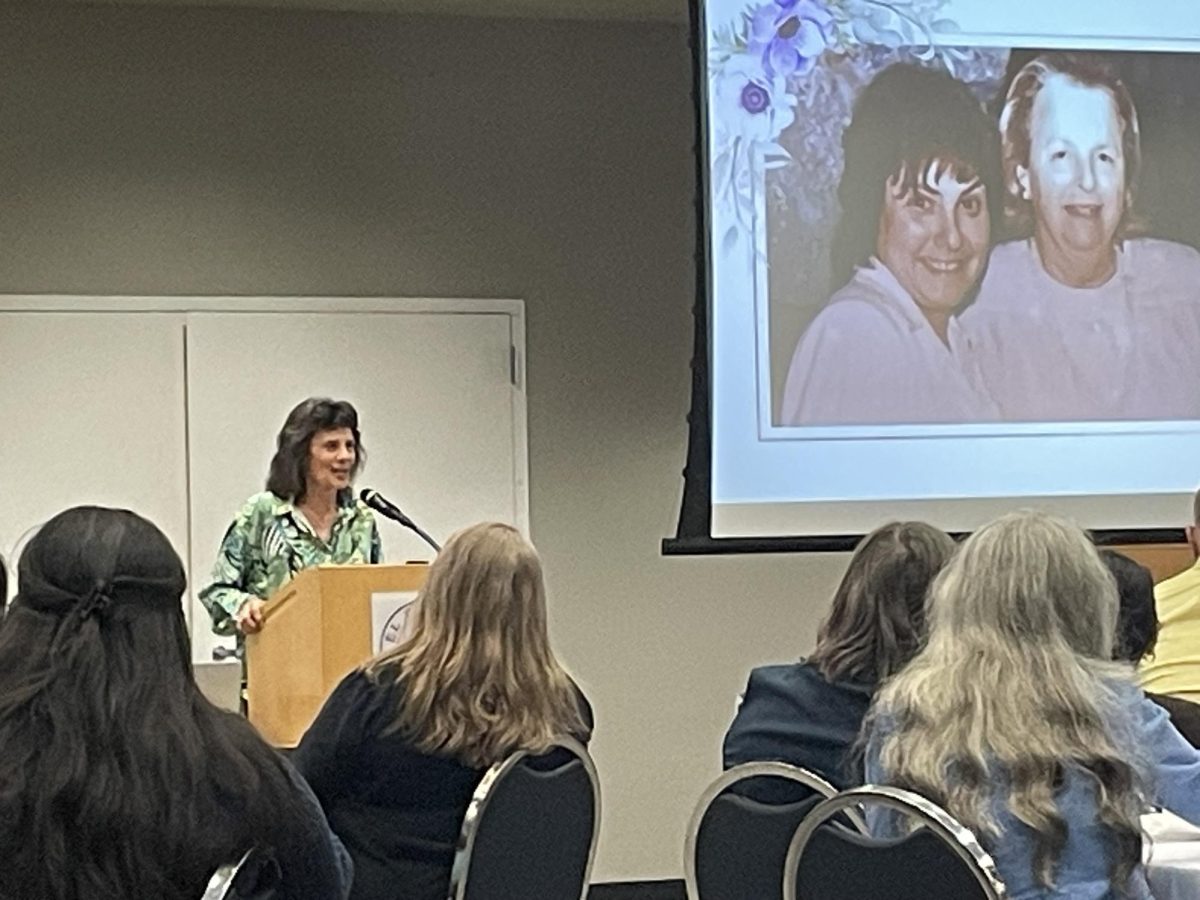Workshops highlighting the need for instructors in the fields of math, science, career and technical education and special education took place in the Humanities Building on Friday.
“These are all areas that it’s hard to find qualified teachers to fill positions for,” Naomi Tokuda, event coordinator, said.
Tokuda, who also helps in running the Career and Technical Education (CTE) Teacher Pipeline on campus, advocated the need for such programs because they are as important tools students can use to help them reach their teaching goals.
“The CTE Teacher Pipeline has a grant from the State Chancellor’s office so we wrote into that grant that we want to host these events and conferences,” Tokuda said. “All of our groups are extremely helpful in preparing potential teachers, we even have a program involved that helps low income students become child development instructors for special needs children.”
Speaking during the special education portion of the conference, author and activist for social change Jonathan Mooney emphasized a need for potential teachers to build on the strengths and talents of their students.
“To be really good at something, you have to do it at least 10,000 hours,” Mooney said. “We spend all this time and money trying to fix children’s weaknesses as opposed to investing in their strengths and their talents creating a platform for a young person to move forward with their life.”
Mooney, who is the founder and president of Project Eye-to-Eye, a mentoring and advocacy non-profit organization as well as the recipient of numerous awards ranging from disability studies to alternative education, went on to challenge conventional theories on child development and reading, saying that brain function develops at a different rate for everyone.
He also underlined the importance of interest.
“There’s a lot of research out there saying late blooming is a legitimate neurological phenomenon, but that’s really been kind of undermined and attacked. For example, a kid who doesn’t read in kindergarten nowadays is identified as having a problem when that couldn’t be farther from the truth,” Mooney said.
Mooney said that he is a firm believer in the power of interest to have a impact on learning.
“I work with kids who don’t read until they’re sixteen and get their drivers manuals, then all of the sudden their entire reading instruction is now about a goal that they have in mind,” Mooney said. “Those are the types of things we need to hold on to.”
“I found his experience very helpful,” Marta Carballo, Childhood Education major said,
Carballo said Mooney’s workshop was the best she’d seen all day.
“I loved it, I have a newfound understanding for the way children learn now. I’m going to take his experiences and advice with me and apply them when I reach my goal and open up a day care center someday,” Carballo said.
Carballo said that she liked the quote from Mooney’s grandma, “Difficult kids make interesting adults.”





